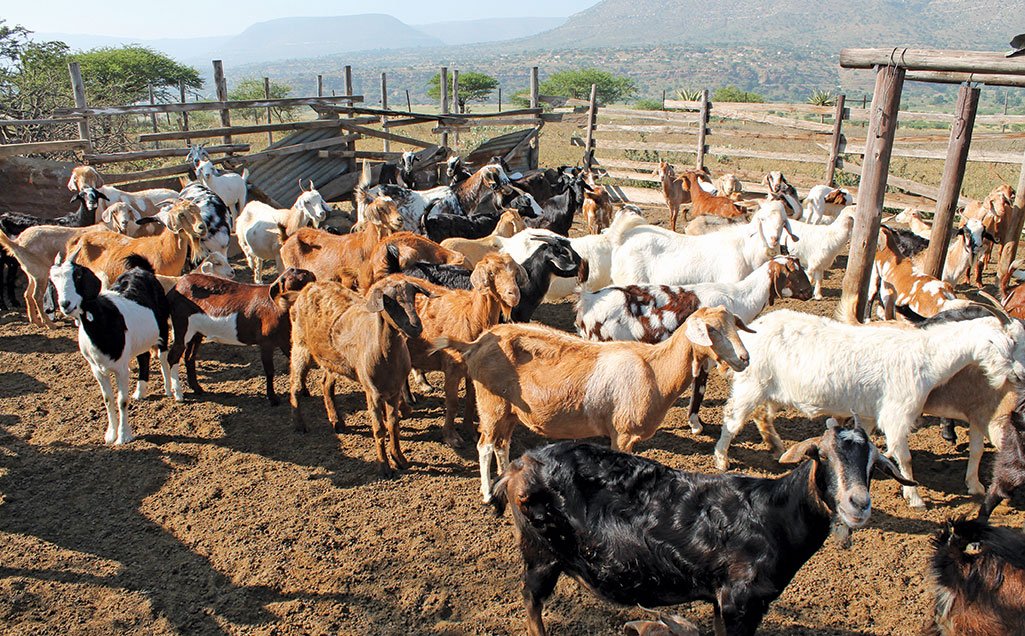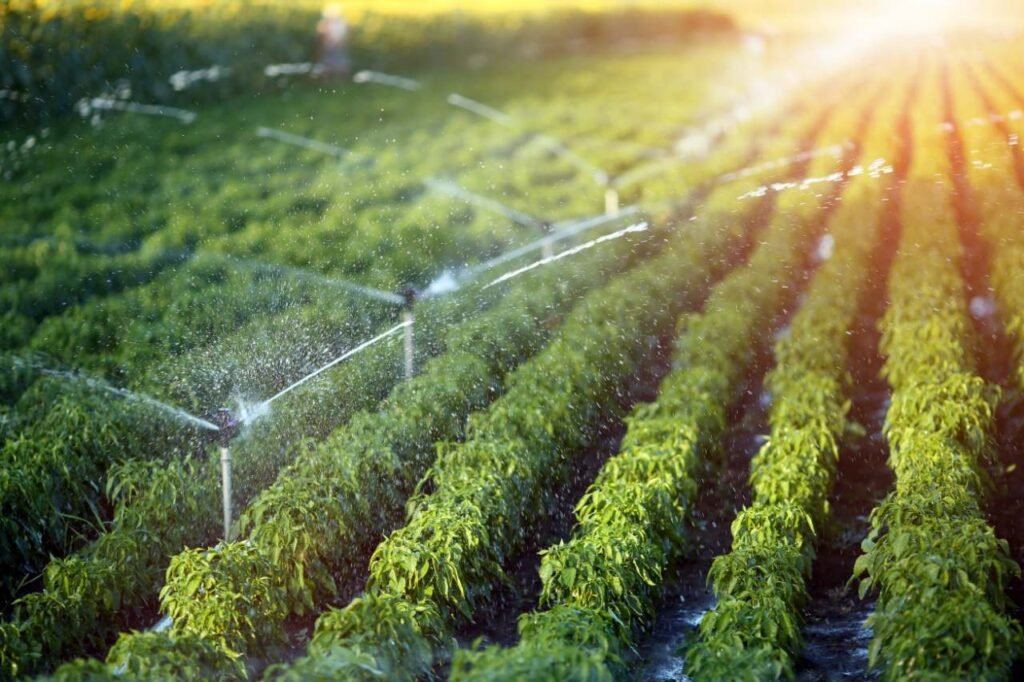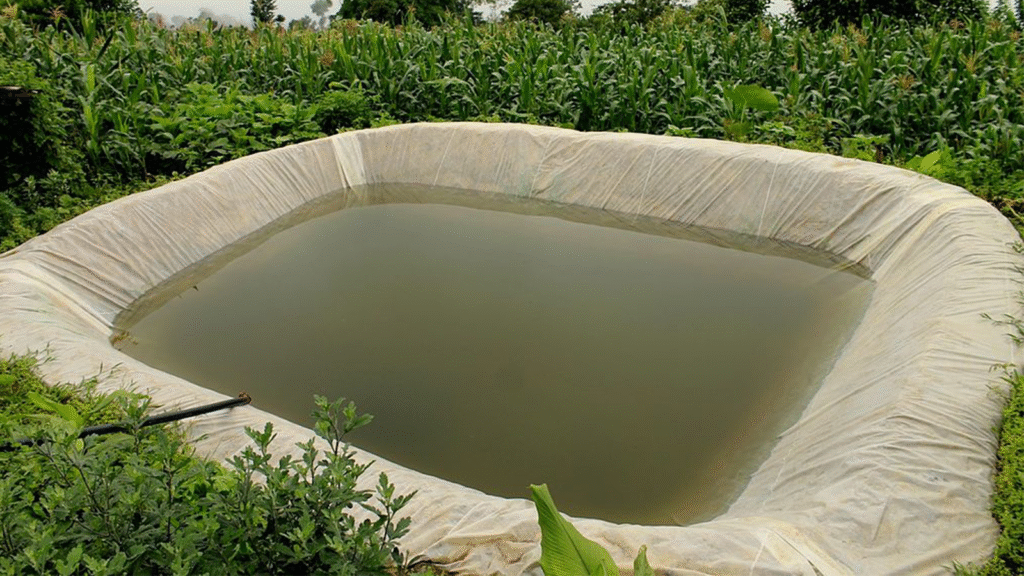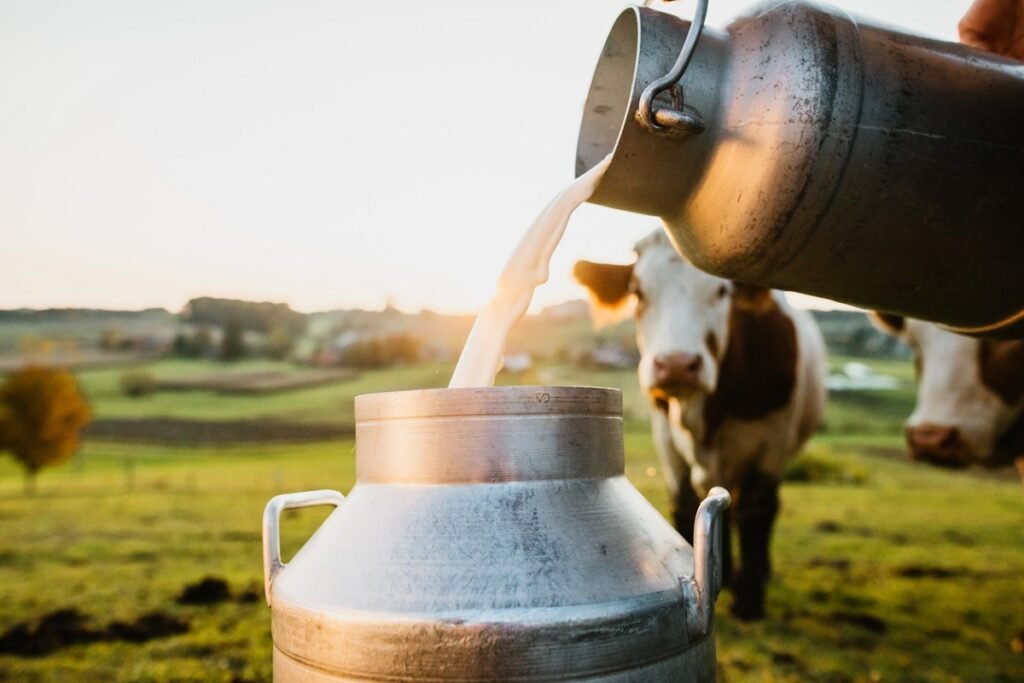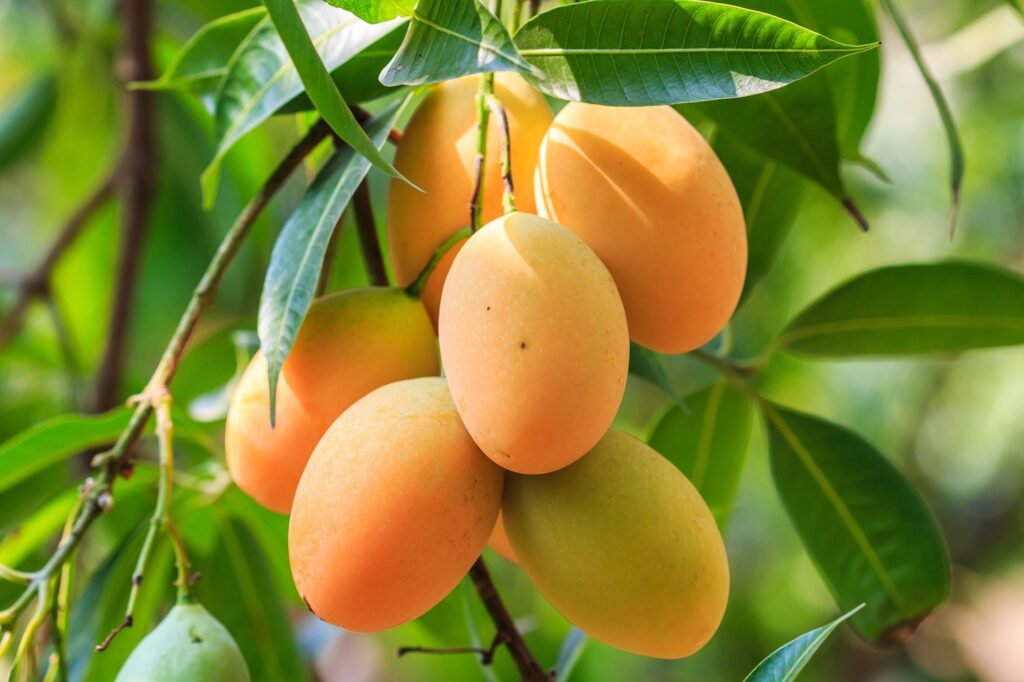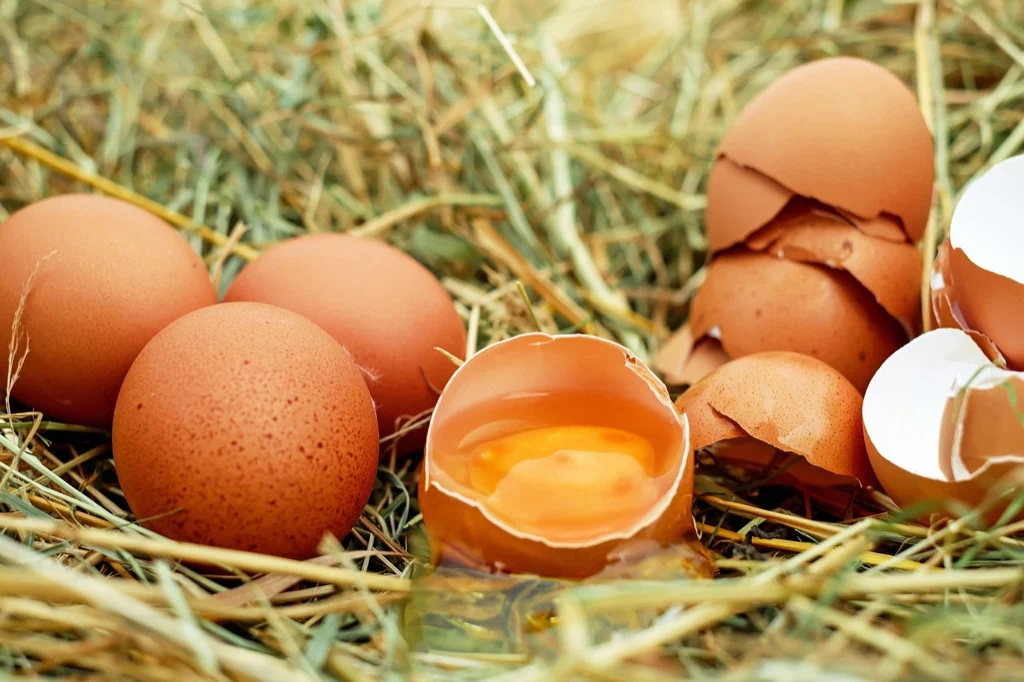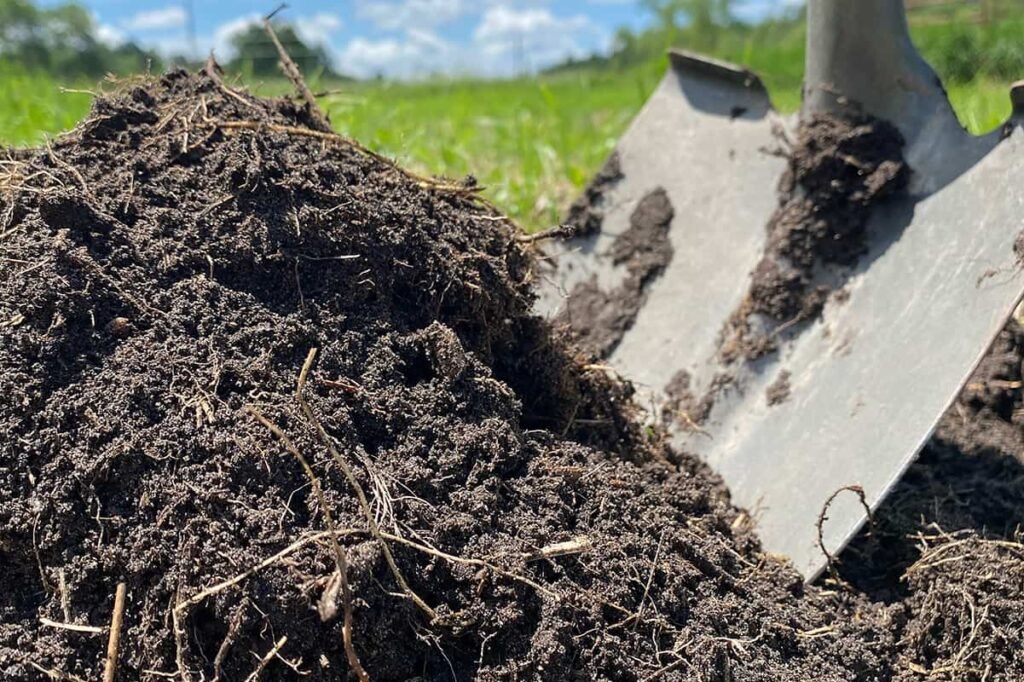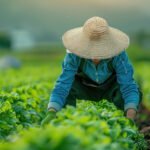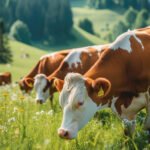Completion Date :
June 30, 2025
Location :
Jinja, Namulesa (Uganda)
Category :
Feeding
Goat Farming at Ibanda
Goat farming is one of the fastest-growing enterprises at Ibanda Farm, playing a vital role in our broader mission to uplift rural livelihoods, enhance household nutrition, and promote sustainable agricultural models. Located in Namulesa Village, off Kamuli Road near Busoga Growers, our farm benefits from a combination of natural grasslands, a favorable climate, and a long-standing cultural tradition of livestock keeping. These conditions provide an ideal environment for goats to thrive and for the enterprise to grow with purpose.
Goats are incredibly valuable animals—hardy, adaptable, and well-suited to smallholder farming. They require relatively little input, yet deliver multiple returns: nutritious milk for children and families, tender meat for local markets and events, and nutrient-rich manure that rejuvenates soil fertility for crop production.
At Ibanda, we maintain a well-managed, healthy herd made up of both local and cross-bred goats selected for disease resistance, good milk or meat yield, and adaptability to the environment. Our farming model emphasizes not just production, but also training, breeding, and farmer support, making goat farming a reliable income-generating activity for women, youth, and low-income households in our surrounding communities.
More than just a farm activity, goat rearing at Ibanda has become a community transformation tool—supporting food systems, building agri-business potential, and creating sustainable livelihoods one goat at a time.

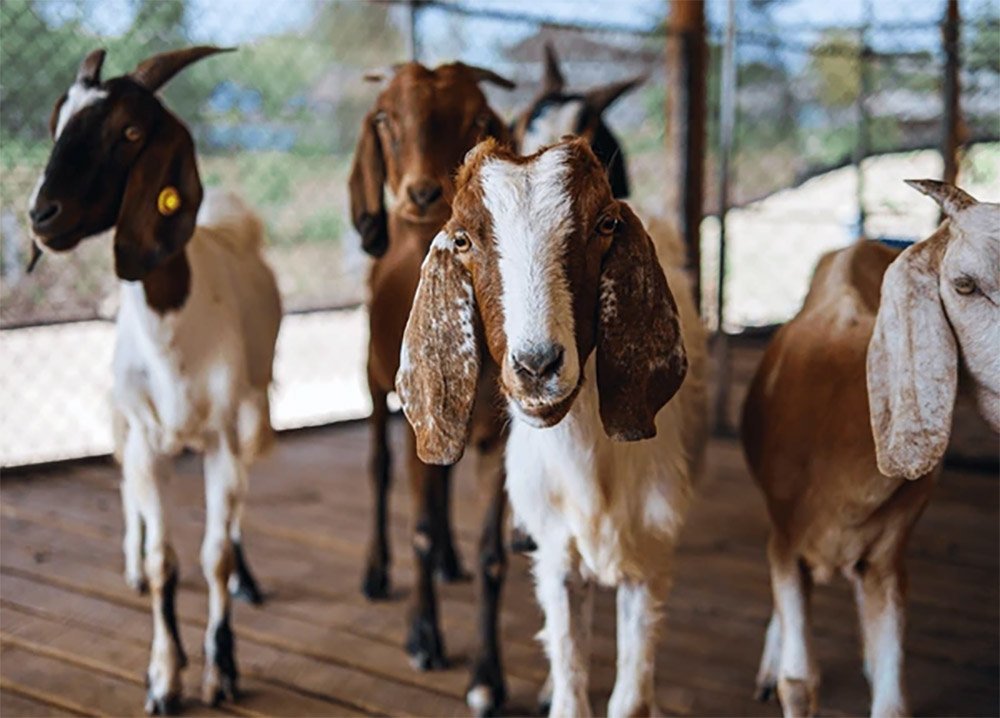
Our Approach
We combine traditional livestock knowledge with modern animal care to ensure every goat on our farm thrives. Our herd includes both local and cross-breed goats, selected for their adaptability, productivity, and resistance to disease. Goats are cared for in well-maintained shelters, fed on diverse, locally sourced feed, and provided with routine health checkups by trained personnel.
We also provide technical support to local households, helping them start or improve their own small-scale goat farms. Our model is simple: raise healthy goats, train the community, and build lasting rural value chains.
Why Goat Farming Matters
Goat farming is more than just keeping livestock — it’s a gateway to resilience, food security, and rural empowerment. At Ibanda Farm, we see goats as key contributors to sustainable development, especially in communities where resources are limited but potential is high.
1. Low-Cost, High-Value Investment
Goats are one of the most affordable livestock options for smallholder farmers. They require minimal land, feed on natural vegetation, and are relatively easy to care for. This makes them a low-risk, high-reward investment, especially for beginners or families with limited resources. A small herd can quickly grow into a sustainable source of income.
2. Empowering Women & Youth
Goat farming is accessible and manageable for women, young people, and even school-going youth. It provides an entry point into agribusiness without the need for heavy equipment or large capital. Many of our beneficiaries at Ibanda have used goat farming as a stepping stone toward financial independence, education support, or starting other ventures.
3. Fast Reproduction, Quick Returns
Goats have short gestation periods (about 5 months) and can give birth to twins or triplets. This allows farmers to build up herds quickly and sell or trade offspring for cash or food. Within one year, a single goat can double or triple its value, making it one of the fastest-yielding assets in small-scale farming.
4. Soil Health & Crop Support
Goat manure is a powerful organic fertilizer rich in nitrogen, potassium, and phosphorus. Farmers use it to enrich soil for growing bananas, maize, vegetables, and other crops. At Ibanda, we integrate livestock with crop farming to close the loop—reducing waste and boosting yields naturally.
5. Strong Local Market Demand
There is a steady and growing demand for goat meat, especially during festive seasons, ceremonies, and weekend events. Additionally, goat milk is gaining popularity for its nutritional and medicinal value. By tapping into these markets, goat farmers can enjoy consistent income with relatively low overhead costs.
6. Climate Resilience & Adaptability
Compared to cattle or pigs, goats are better suited for harsh climates. They can survive on dryland shrubs, withstand long dry spells, and adapt to varied conditions. This makes goat farming a smart option in the face of climate change, drought, or land degradation.
We also provide technical support to local households, helping them start or improve their own small-scale goat farms. Our model is simple: raise healthy goats, train the community, and build lasting rural value chains.

